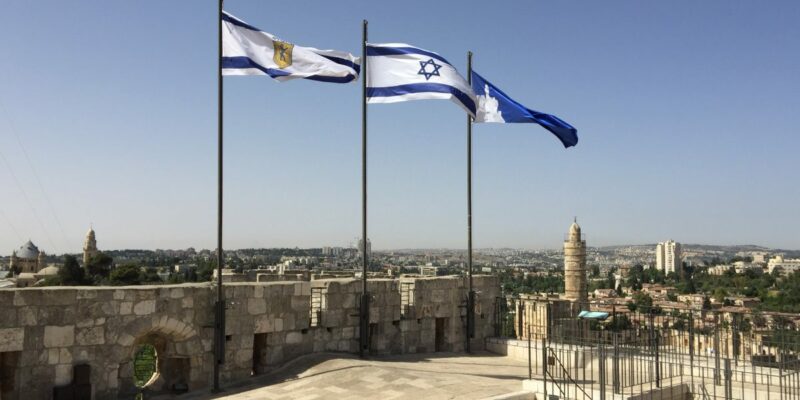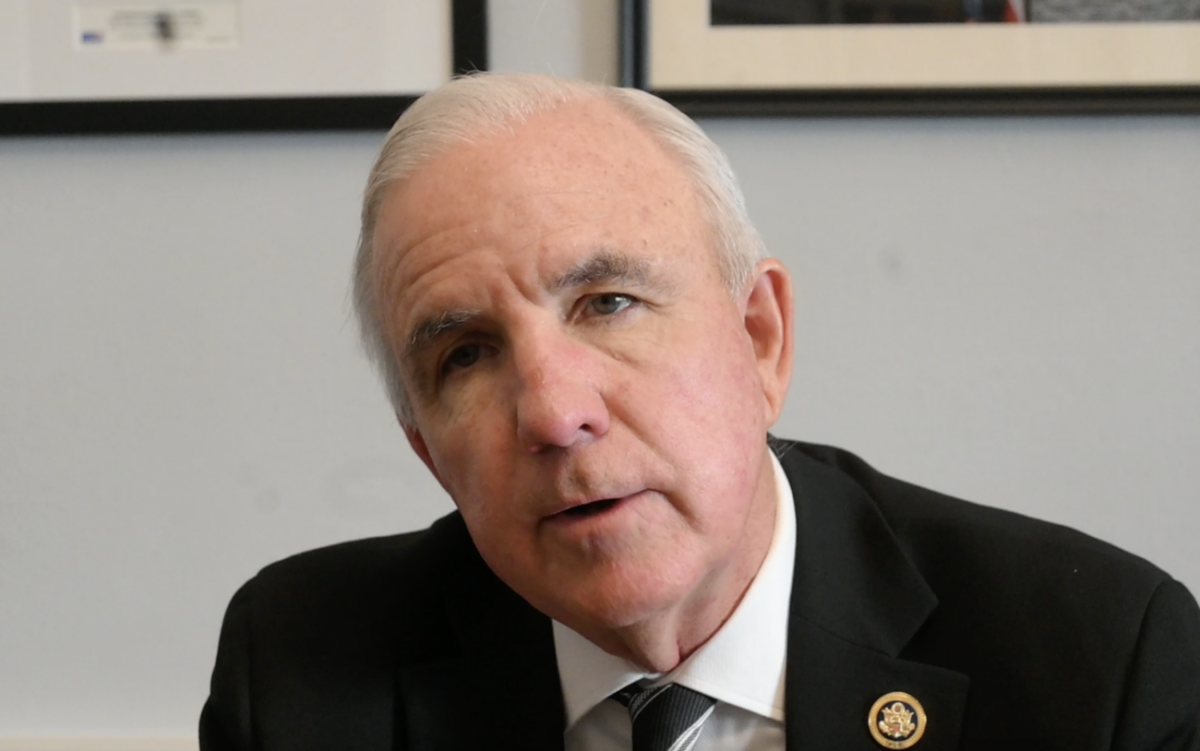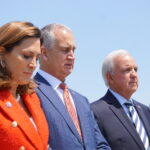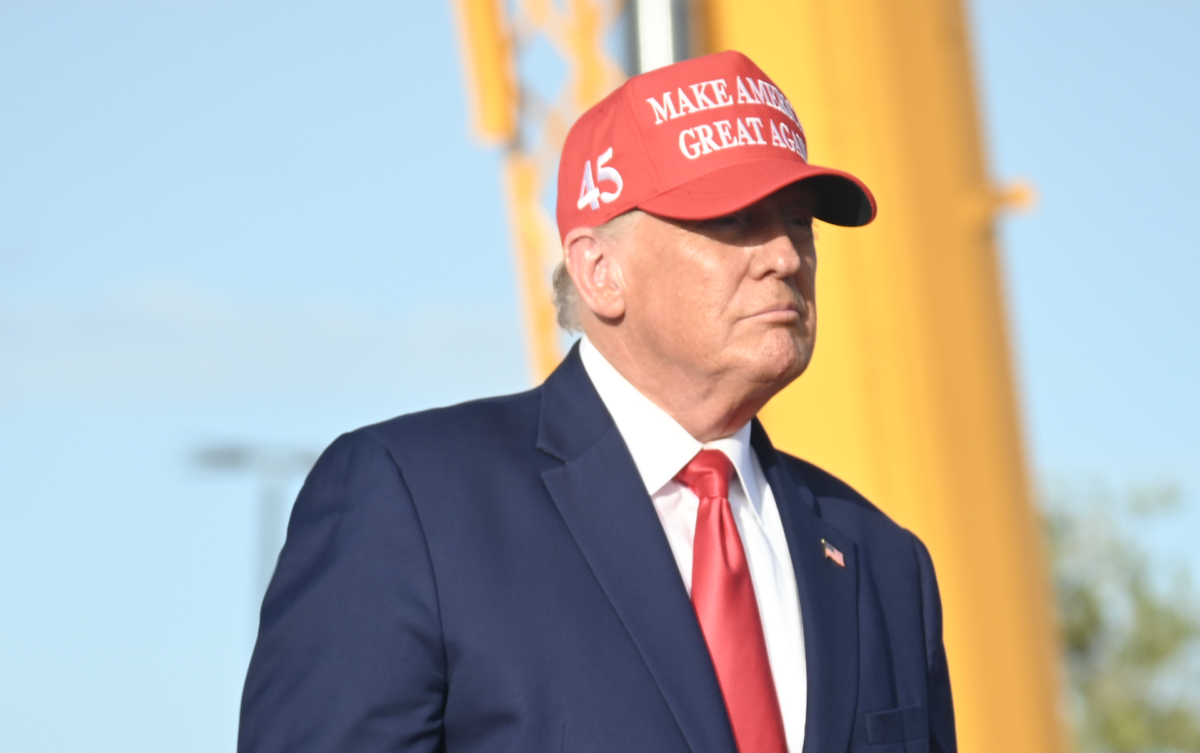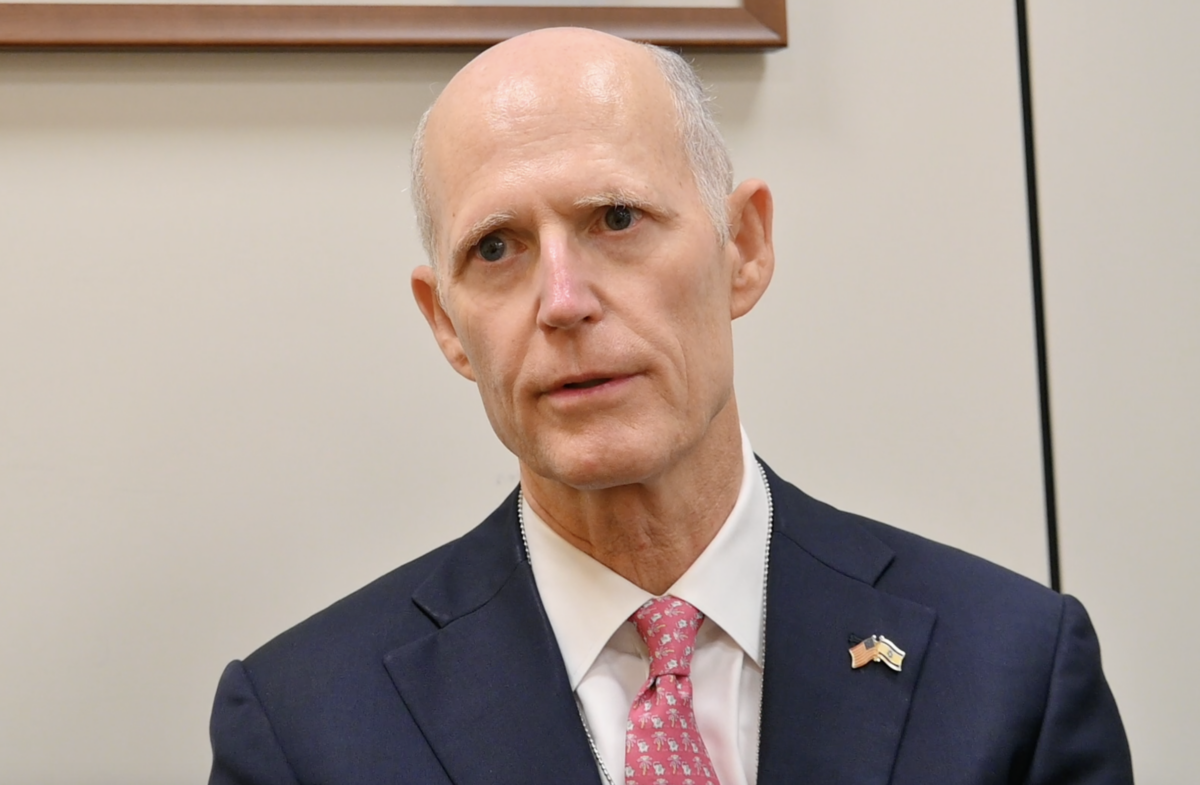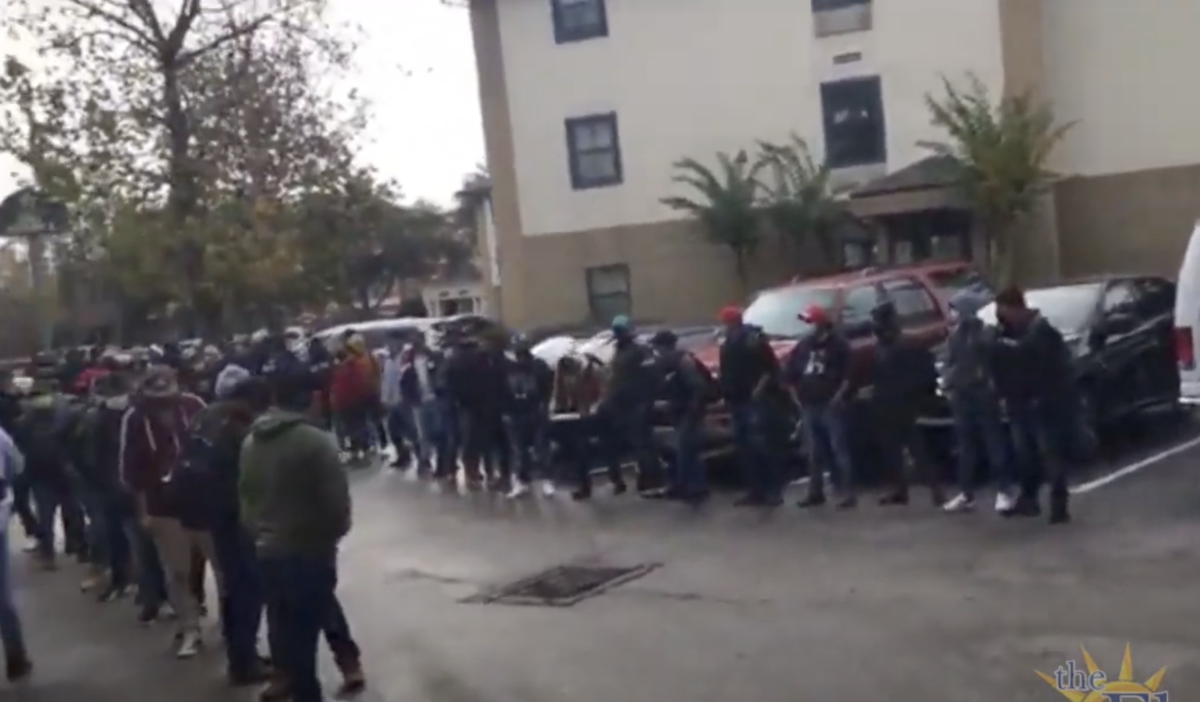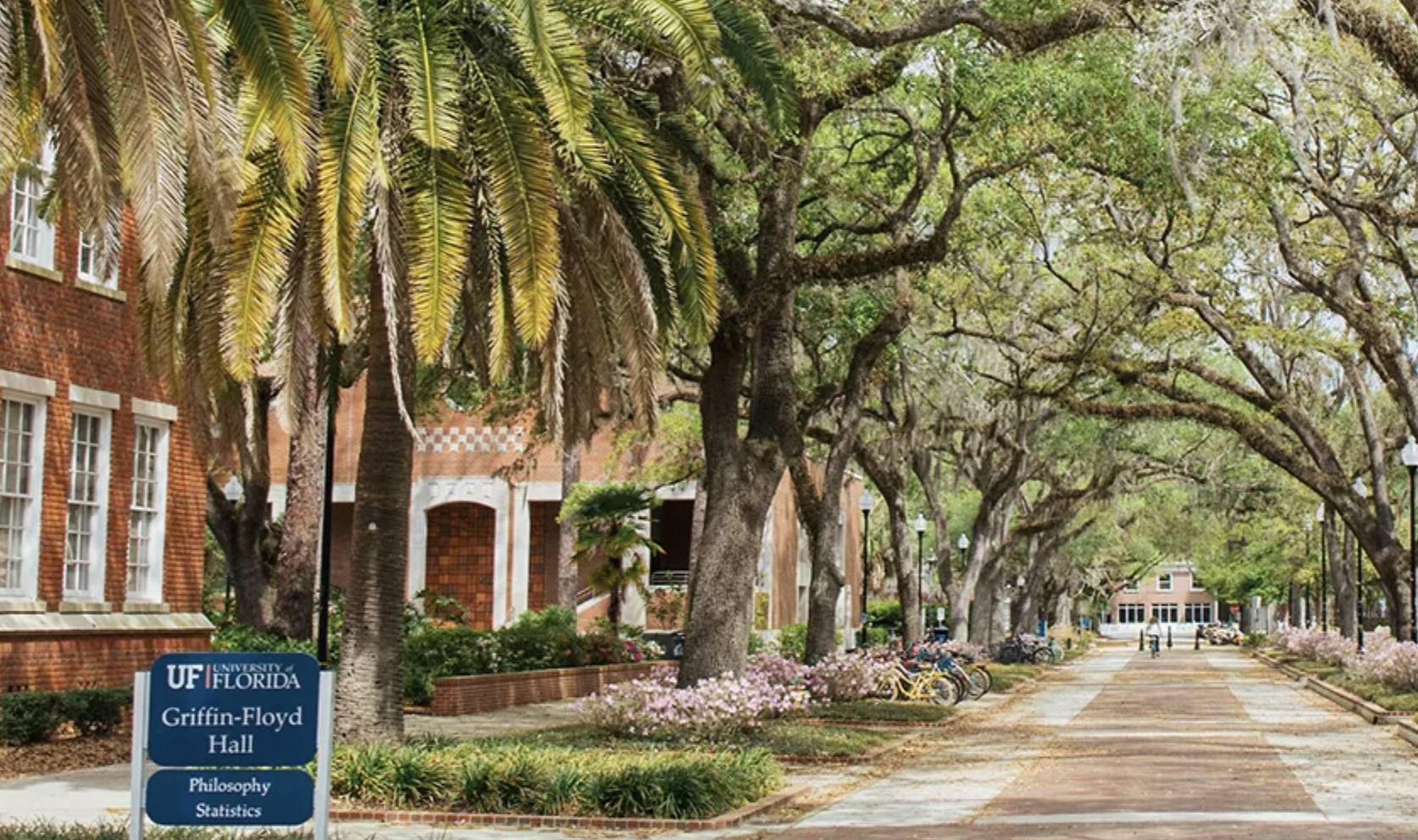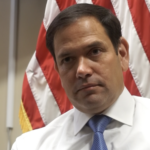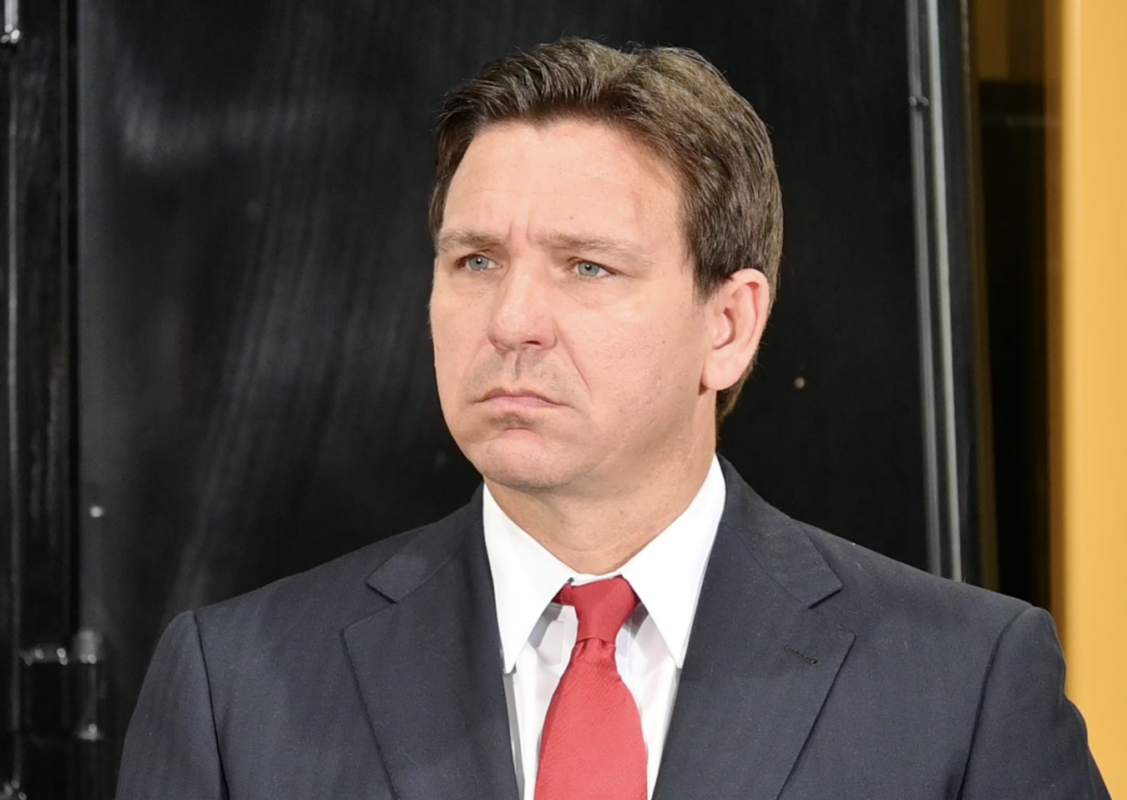US lawmakers across the political spectrum are commemorating Yom HaShoah, the Hebrew phrase for ‘Day of The Holocaust’ or Holocaust Remembrance Day.
Holocaust Remembrance Day occurs every year in May or April, depending on the Hebrew calendar, and kicks off a week of Holocaust Victims Remembrance.
The state of Israel commemorated Yom HaShoah with numerous official events, the most notable of which was a nationwide moment of silence and reflection as anti-missile alarms rang across the entire country.
President Donald Trump issued a presidential proclamation marking Holocaust Remembrance Day and honoring the more than 6 million Jews murdered by the Nazis and their allies.
State Department Secretary Marco Rubio stressed that “humanity must not forget the catastrophe that took place during the Holocaust.”
Senate Minority Leader Chuck Schumer (D-NY) similarly issued a statement honoring the lives of the millions of Jews murdered during the Holocaust but warned of recent festering antisemitism.
“We must confront antisemitism, bigotry, and hate whenever and wherever they rear their ugly heads,” said Senator Schumer.
President Trump’s proclamation struck a similar tone, emphasizing the need to combat antisemitism in the US.
“Sadly, our Nation has borne witness to the worst outbreak of anti-Semitism on American soil in generations,” reads the proclamation. “Nearly every day following the deadly October 7, 2023, attack on Israel, Jewish Americans were threatened on our streets and in our public square — a reminder that the poison of anti-Semitism tragically still exist.”
Indeed, antisemitic incidents have feverishly risen since Hamas’ October 7th attacks on Israel, according to the Anti-Defamation League (ADL).
In the months following the attacks, ADL reports a more than a 300% increase in antisemitic events, which include physical assault, vandalism, verbal harassment, and more violent acts aimed at Jews.
In the US, nationwide anti-Israel campus protests were the most visible instances of antisemitic conduct.
Protestors frustrated with Israel’s war against Hamas demanded their Universities divest from Israeli companies and generally disconnect from Israel as a sign of support for Palestine.
The protests became increasingly controversial as they would frequently turn violent and diffuse antisemitic messages.

